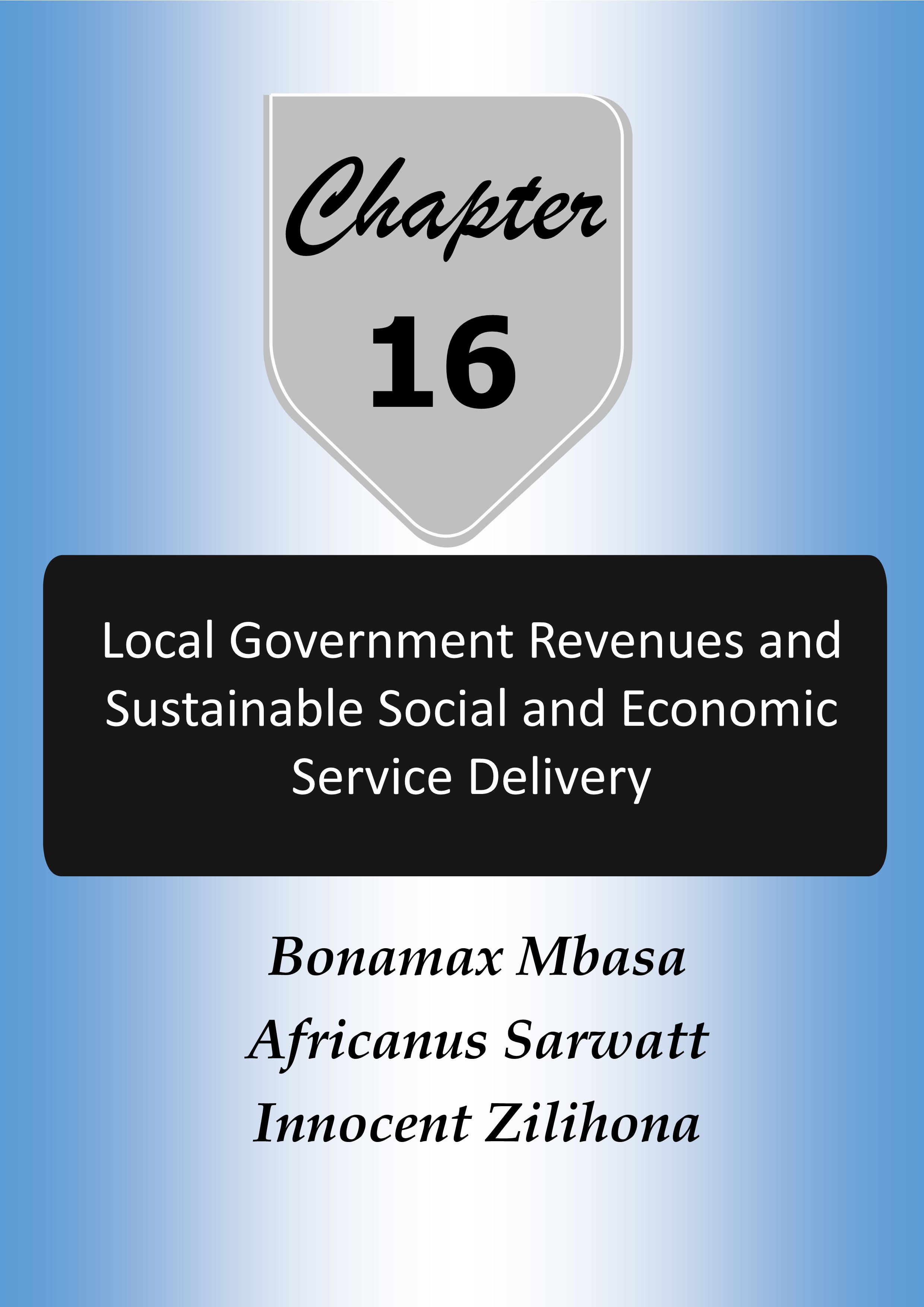Local Government Revenues and Sustainable Social and Economic Service Delivery
Abstract
The Constitution of the United Republic of Tanzania articles 8 (1), 145 and 146 of 1977 enshrine the Local Government System emphasizing the supremacy of the people. The Constitution further underline that the Government is accountable to the people. The Local Government (District Authorities) Act No. 7 of 1982 Cap (287) and the Local Government (Urban Authorities) Act No. 8 of 1982 Cap (288) states the core functions of Local Government, which include the provision of quality services and promotion of social and economic development of its area of jurisdiction. There is no doubt that LGAs in Tanzania are vested with responsibilities that need adequate resources to be effectively and efficiently fulfilled. However, one of the main challenges facing LGAs is the widening gap between the availability of financial resources and local governments’ spending needs. The increase in population poses a serious challenge to LGAs as it raises demand for improved public services and public infrastructures while the financial capacity is limited. As a result, LGAs have been seen as if they are not doing justice to their citizens. Because of this fact, LGAs, therefore, need to strategize in such a way that adequate financial resources are mobilized and appropriately utilized to enhance sustainable service delivery in their area of jurisdiction. The LGAs need, therefore, to use the available opportunity, which allows LGAs to mobilize financial resources from various sources, including grants from development partners, debt from financial institutions, private sector through public-private partnerships. If these sources are adequately tapped, LGAs can invest in various business ventures that can have financial returns. This opportunity is possible as is within the existing legal framework. The Local Government Finance Act, 1982 Act defines the revenue authority of LGAs, listing the types of taxes, fees and charges which LGAs can administer. Sections 6(3) and 7(2) of the Act also mandate LGAs to formulate by-laws for all Own Source Revenue (OSR) that they levy and collect in their respective areas of jurisdiction. These by-laws define all rules and procedures necessary to administer OSRs, including the definition of rates and penalties for non/late payment. Other legal frameworks governing LGAs on the financial-related matter include Guidelines for outsourcing revenue collection to collecting agents in LGAs (2016); Local Authority Revenue Administration Manual (2019); Local Authority Financial Memorandum (2009); and Local Authority Accounting Manual (2019).
Collections
- Book Chapters [18]

